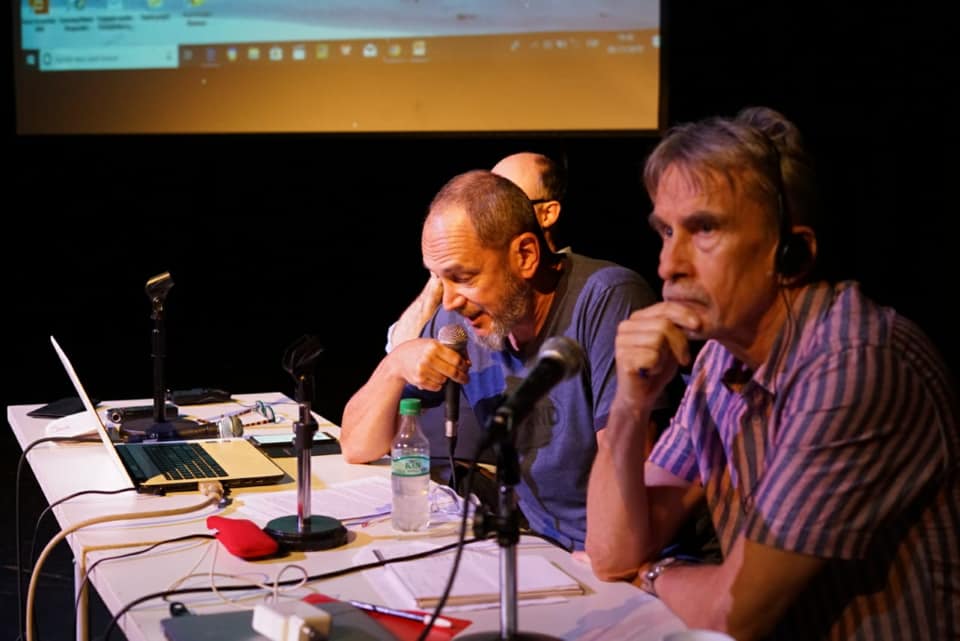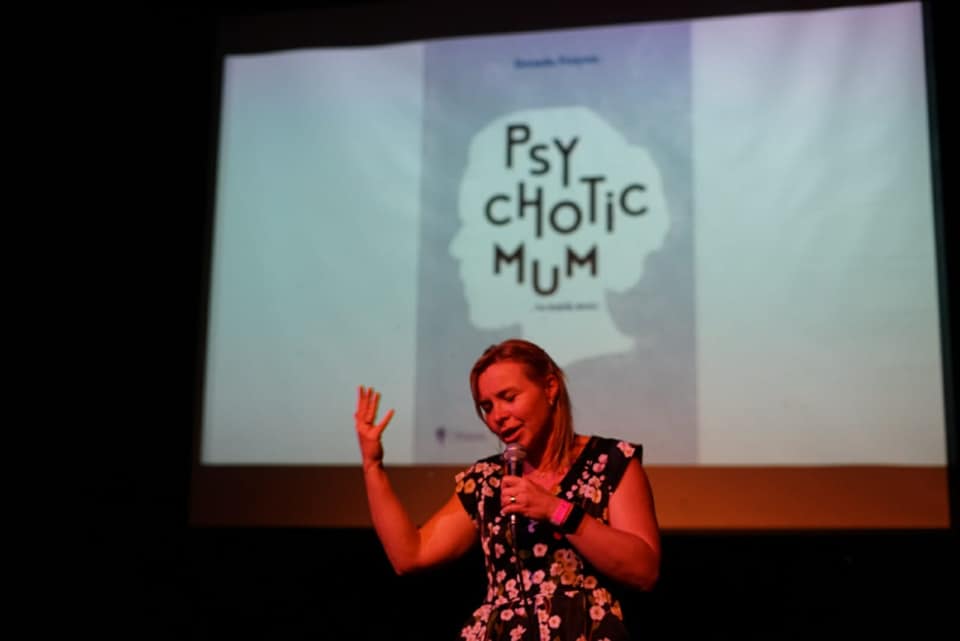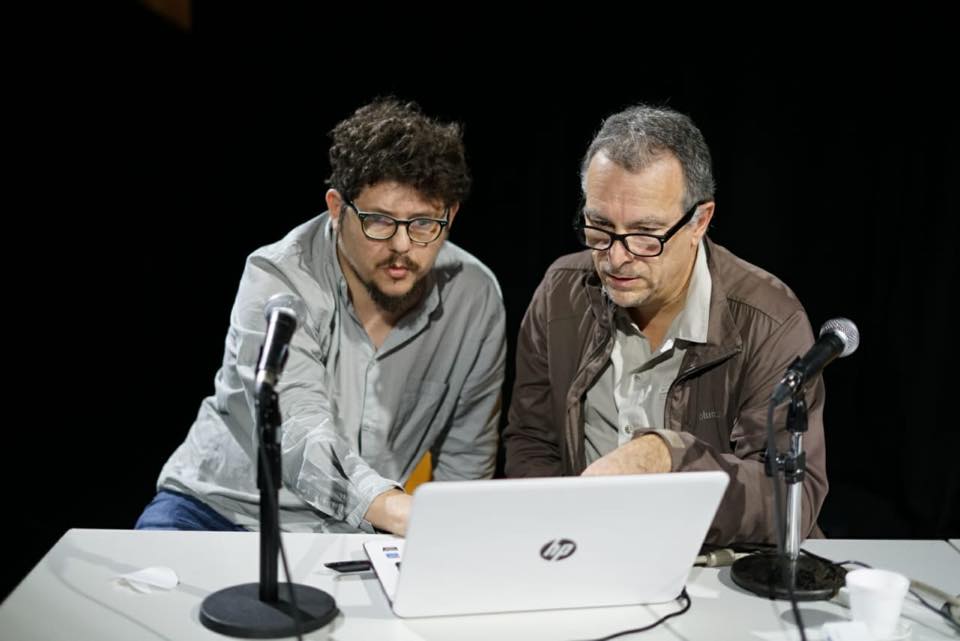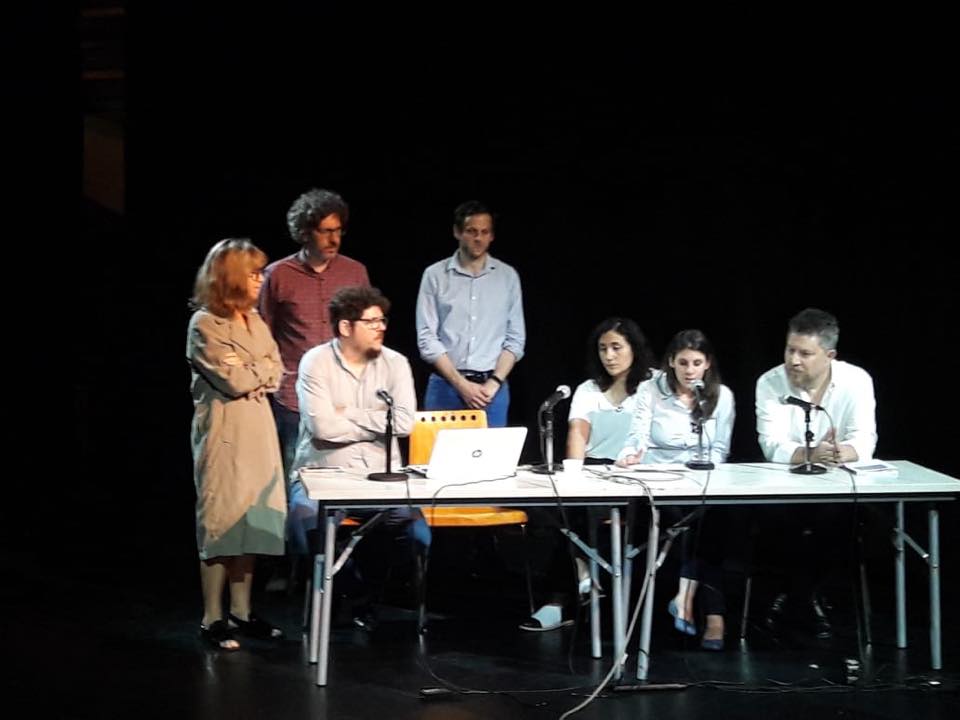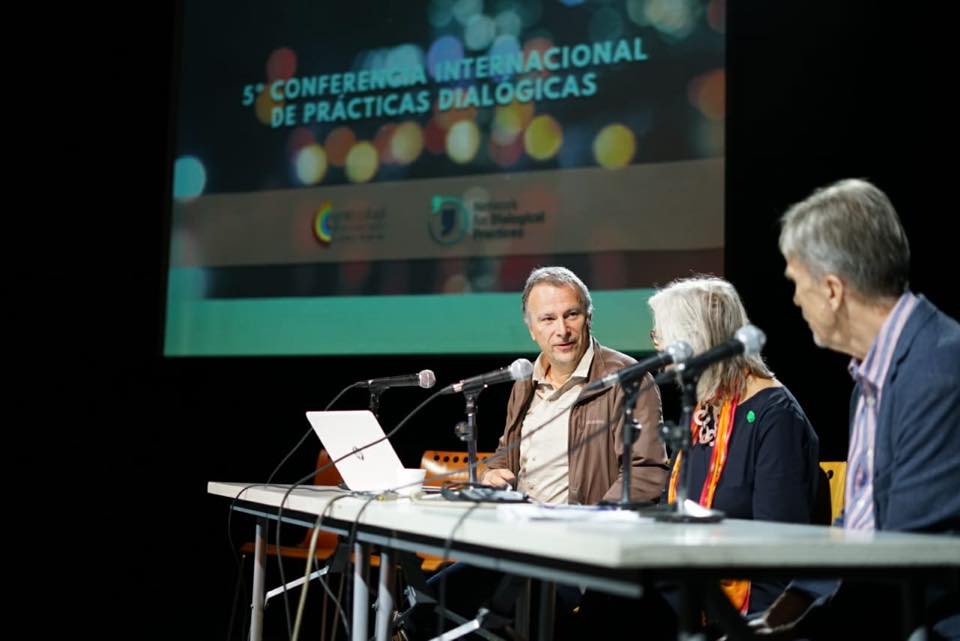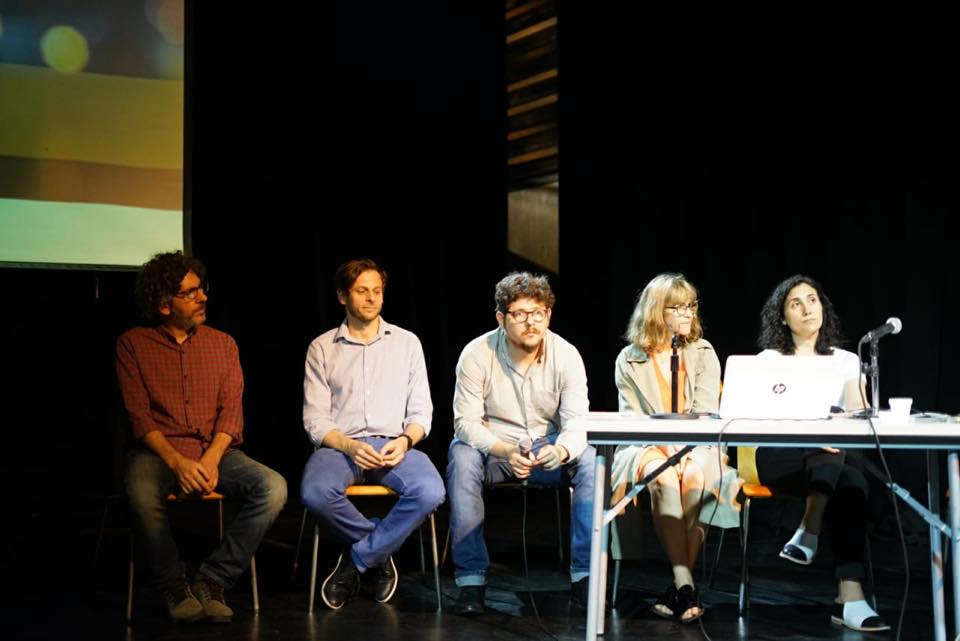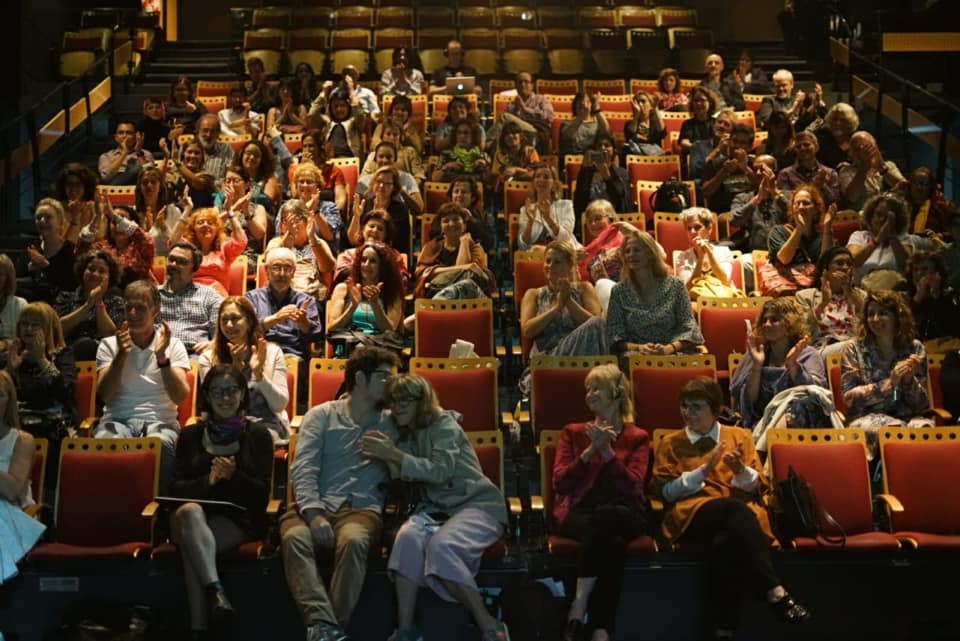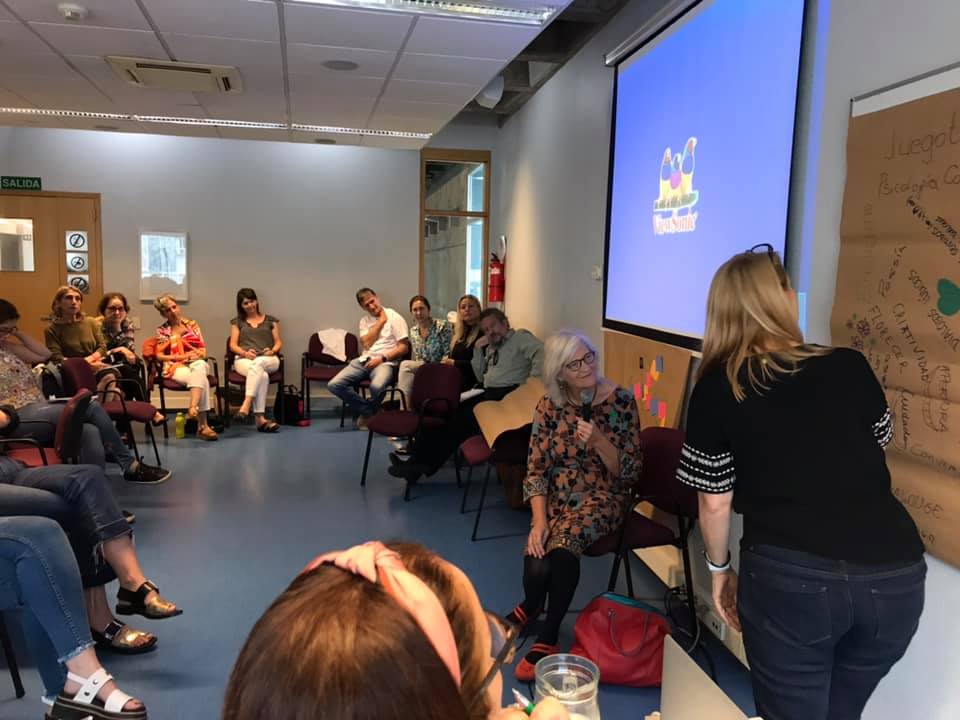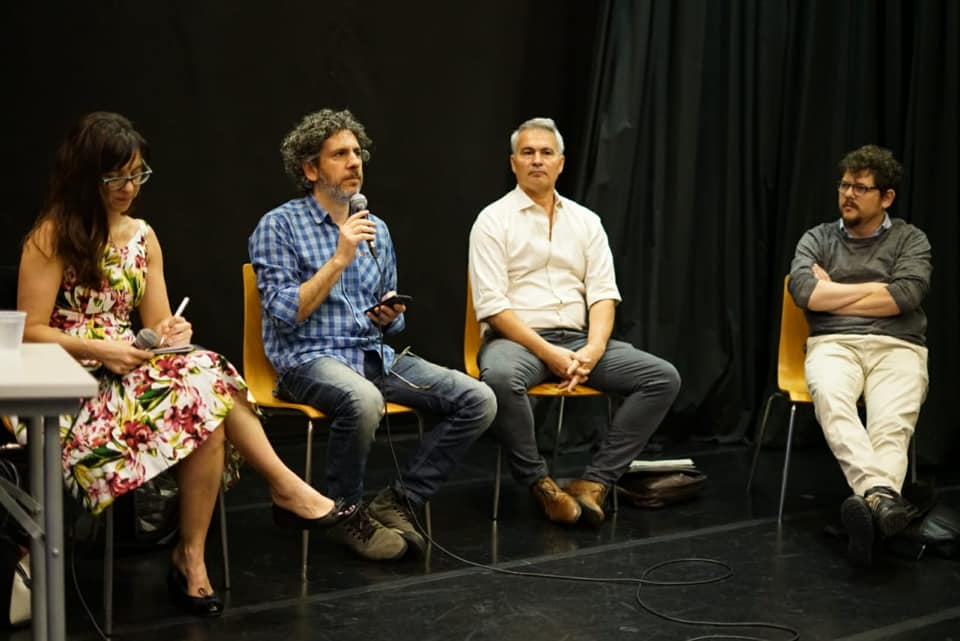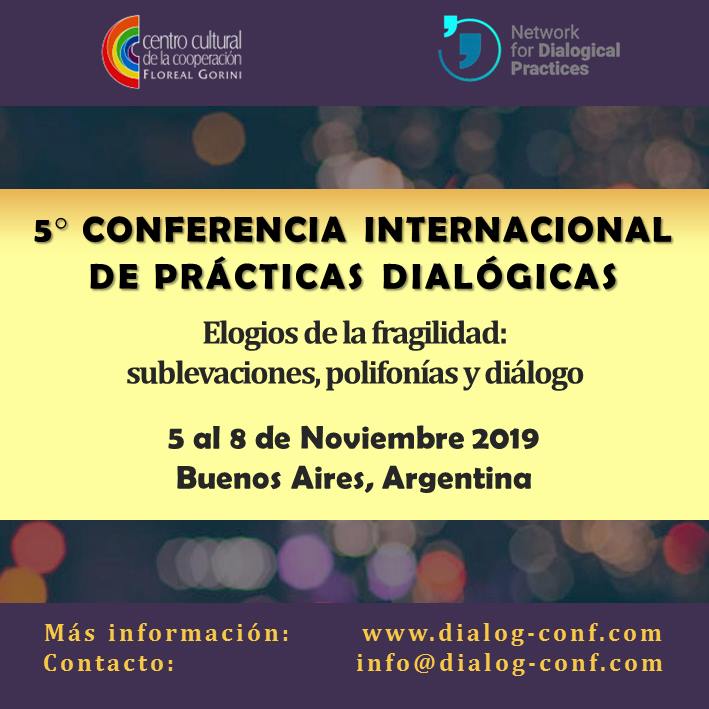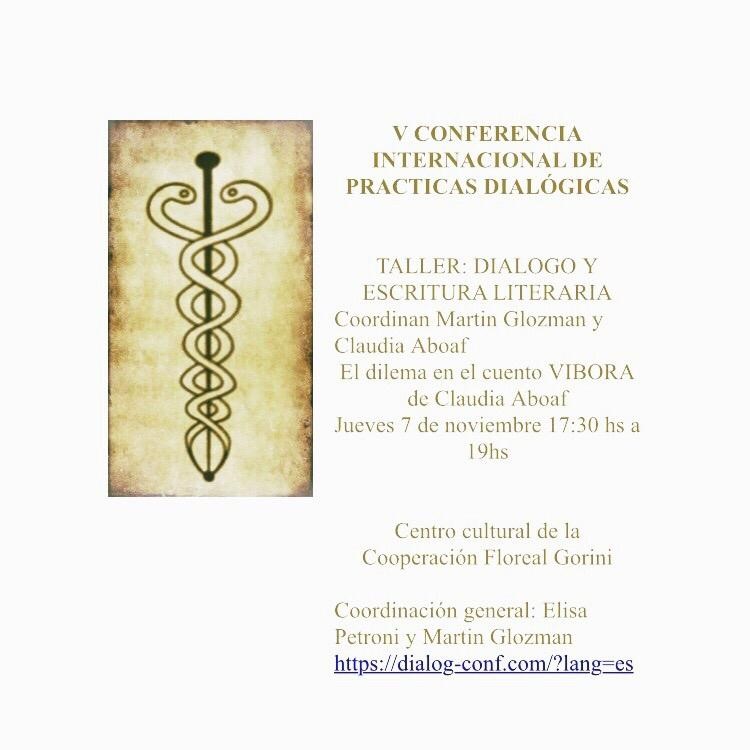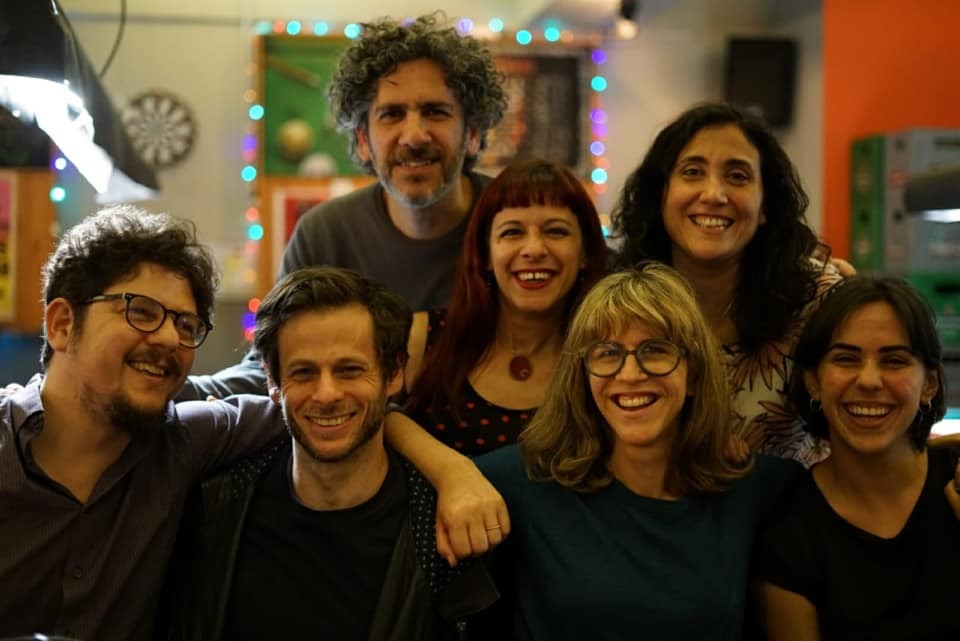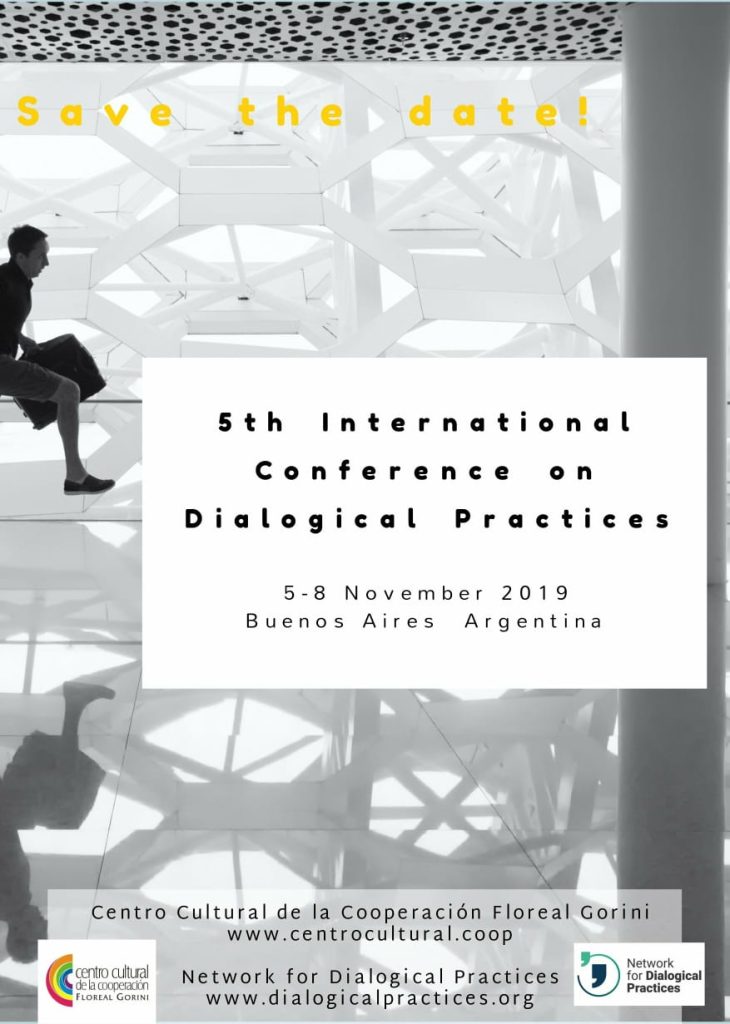
Eulogy of Fragility: uprisings, polyphony and dialogue.
Elogios de la Fragilidad: Sublevaciones polifonía y diálogo.
Buenos Aires 5-8 November 2019.
En español: https://www.facebook.com/dialogi…/posts/599370560465587…
Organizers: Network for Dialogical Practices and Centro Cultural de la Cooperación Floreal Gorini, Departamento de Derechos Humanos.
International academic committee:
Peter Rober – Belgium
Jaakko Seikkula – Finland
Justin van Lawick – Netherlands
Jim Wilson – Great Britain
International organization committee:
Pavel Nepustill – República Checa
Martin Novak – República Checa
Local organization committee:
Centro cultural de la cooperación Floreal Gorini. Departamento de derechos humanos. Jimena Habib
We are happy to announce that the 5th Conference on Dialogical Practices will take place in Buenos Aires, Argentina, from Tuesday 5th to Friday 8th, November 2019. This represents a great joy because it involves introducing and stimulating dialogues between the overseas Dialogical Practices communities and the local environment with their own traditions and legacies.
Dialogical Practices have deep reaches in contexts such as mental health, education, arts, social work, among others. It is an orientation that works in networks and that is active in the health systems of several countries, with very novel results. Dialogical Practices is not a model that is imported but an orientation that is thought and constructed locally and with autonomy.
This Conference is an invitation to foreign participants to approach the Argentine and Latin American forms of work, and for the locals an opportunity to get to know some of the mentors of these practices and many practitioners in different areas and universities of the world.
It is curious and interesting that Mikhail Bakhtin, so important for the Argentine Academy and for discourse studies, has much to say that appears relevant to the area of health, education and aesthetics, which brings the ideas of polyphony and dialogue to an ontological and existential sphere that was already present in his work and that enabled the development of conversations and techniques for intervention on the voices, the mind and the word.
Just as Bakhtin thought about Dostoevsky when reflecting on ethics, aesthetics, interiority, etc., in Buenos Aires, in 2017, in reference to Andrei Tarkovski, Bernardo Nante and Mariano Nante, father and son, reflect on the “Elogio de la fragilidad.” (“Eulogy of Fragility”)
They point out that the “saints” who can perform great works have difficulties in adapting to reality, or that the Platonic wise men leaving the caves are disoriented and distracted. They say that in this battle for adaptation and for survival, the weak man seeks his own weapons that from the outside are perceived as useless or even harmless.
We can say that we all have something of a saint, the student who learns, the teacher who teaches, the “suffering person” who consults, the therapist who intervenes, etc. All people have access to a human source of the deep order, but socially we sometimes believe that we must strengthen ourselves to survive in a world of sales and market strategies.
The affirmation of fragility is recognizing that we can relate and strengthen ourselves as a whole , dialogically, accepting and looking at our vulnerabilities, all our voices. New forms of contemporary uprisings, collective, dialogical, polyphonic, not dichotomous.
“The human weakness interests me as a counterpart to the external expansion of the person, to aggressive behavior in front of other people and in front of the world, to the desire to subject others to their own intentions, in order to assert themselves” – says Tarkovski in “Sculpting in time”, p. 34.
FOCUS OF THE CONFERENCE
The focus of the conference will be the experience of fragility, surviving and its polyphony in contexts such as: facing family, community or organizational crisis, psychotic experiences, the experience of war, migrations and sociopolitical transformation.
This is a very important opportunity to trace advances between frontiers of thought and the migration of experience and knowledge, and draw on the wisdom and creativity of Dialogue towards the production of new voices in a world that is permanently changing.
The main experience of dialogical practices in the artistic, clinical, educational, social and political fields will be presented, and extended to other fields, institutions and organizations. Particular attention will be paid to the processes of aesthetic construction of resources.
